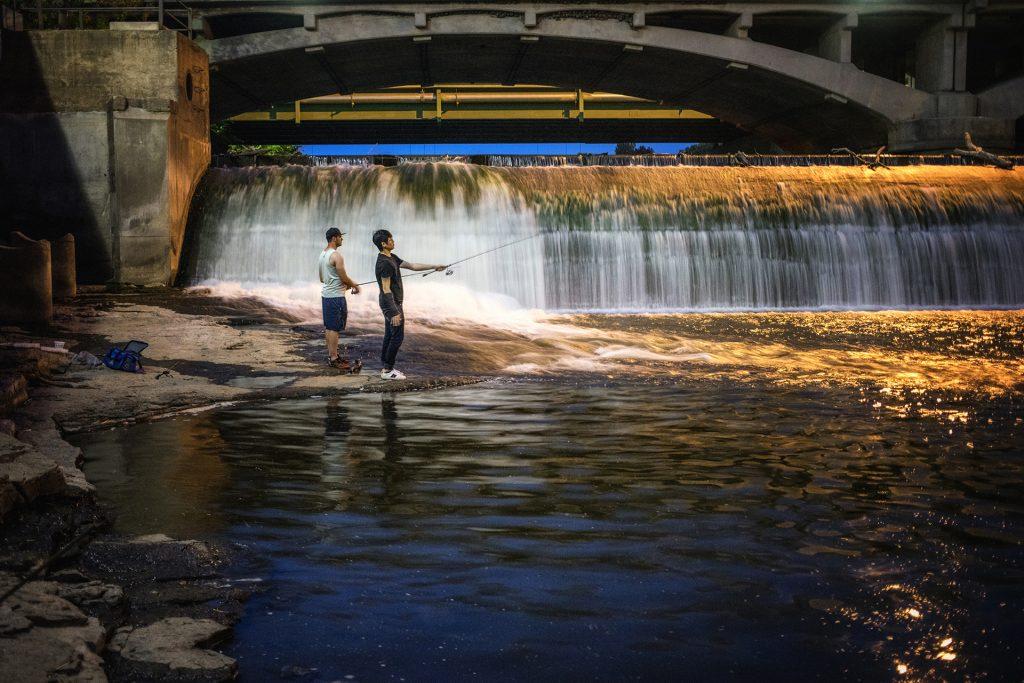Iowa legislators are putting together an effort toward clean water in Iowa.
Last week, the state Legislature passed an $282 million water-quality bill. In doing so, the Water Quality Infrastructure Fund will be deposited in the rebuild Iowa infrastructure fund.
The funds from the bill will support two types of projects, the Edge-of-Field Infrastructure program and the In-Field Infrastructure program.
According to Senate File 512, “the Edge-of-Field Infrastructure Program supports projects to capture or filter nutrients that can enter surface water.”
“The important link is to realize that if you are using surface water, like a lake, river, or stream as your source of drinking water, then a very good investment of resources is to protect your surface water,” said David Cwiertny, a University of Iowa engineering associate professor.
RELATED: Gov. Reynolds to sign legislation aimed at improving water quality
Cwiertny is also at IIHR—Hydroscience and Engineering associate research engineer and the Center for Health Effects of Environmental contamination director.
For people living in urban area, the water bill would only protect tap water if they improve the source water, Cwiertny said.
Larry Weber, an IIHR research engineer and one of the creators of the Iowa Watershed Approach, said, “The water-quality issue generally centers on point and nonpoint sources of nutrients in Iowa’s borders, specifically nitrogen and phosphorus.”
Weber said the vast majority of nutrient loads come from agricultural; therefore, a bill funded to capture or filter nutrients to protect surface water seemed reasonable.
The In-Field Infrastructure program “supports projects to decrease erosion and surface water runoff,” Senate File 512 said.
Nonpoint sources of nutrients can come from pollution in water runoff, Cwiertny said.
“It is what you might get off from agricultural runoff, urban storm water runoff. That is harder to treat and improve quality,” Cwiertny said. “Because there is no single point like a wastewater-treatment plant where you could remove the thing you don’t want.”
Weber said the bill does potentially make some funding available for communities to restore treatment processes for the wastewater plants.
“But most funding will be directed to cashier funding for farmers to adopt better nitrogen propose on their fields,” Weber said.
Cwiertny agreed with Weber about the direction of the bill and said, “The intention of the bill would be to protect source water.”
Cwiertny said there was a lot of debate whether the bill goes far enough to do so.
“Unfortunately, when this bill went into effect, we expected a lot more in the last couple years in water quality, not money, but also direction that would also be testing for that,” said Carol Sweeting, the public-works information coordinator for Iowa City. “But right now, the state does not have a water-quality test program [like] this.”
Sweeting said even though there would be a large amount of money given, farmers are not forced to take any mandatory actions for now. Everything is voluntary.
“There was nothing in place financially to make sure we have a baseline in advance,” she said. “The science wasn’t actually doing anything. Everything was modeled. People in the field didn’t have to test it yet.”
Sweeting said this bill is similar to the Nutrition Reduction Strategy she was involved with.



